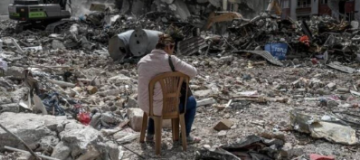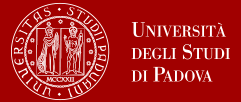
Exploring gender-inclusive approaches in Turkish disaster risk management: insights from decision-makers, service providers, and NGOs
by Edip Kaya, Ebru Inal Onal and Nüket Paksoy Erbaydar
Published online: 29 April 2024
This study aims to reveal the experiences and views regarding gender sensitivity of service providers, decision-makers, and non-governmental organization (NGO) workers who operate during disasters. The study uses a phenomenological model – a qualitative approach. Data are collected by two trained interviewers using a semi-structured interview form. In-depth interviews are conducted with 52 individuals from four provinces in different regions of Türkiye. Then, the data are analysed using MAXQDA20, a qualitative analysis programme. The results show that a substantial proportion of the participants does not use gender-sensitive language or terminology. Women are defined by their domestic roles and motherhood, with reference to religious sources. Furthermore, in the context of the disaster risk management process, participants intensely report their views and experiences regarding the practical needs of women, such as hygiene, privacy, and access to information. However, the strategic needs of women, such as women’s empowerment, gender-based data collection, and combating violence against women, are only mentioned by a few participants, especially NGO workers. Finally, most participants do not receive gender training. Those who receive it mention their experiences with vulnerable groups, violence against women, and other reproductive health issues.






